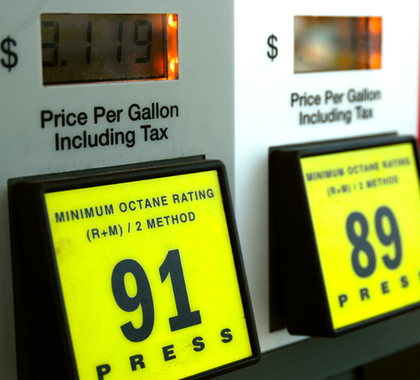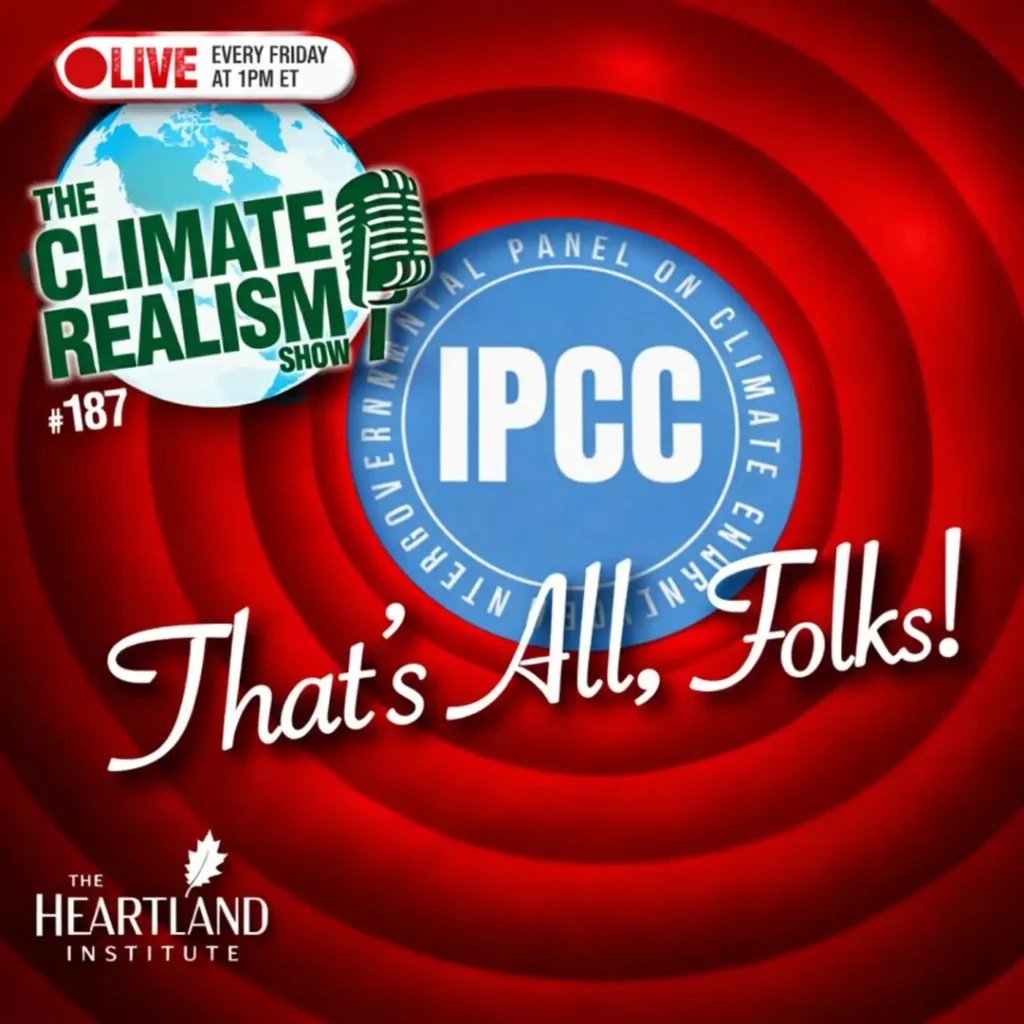Legislation introduced in the Utah House of Representatives would establish a program to offer an annual tax credit for the purchase of an electric vehicle, a plug-in hybrid, or hydrogen vehicles with a sales price under $55,000.
Purchasers of a new qualifying vehicle would be eligible for a $3,000 tax credit, while purchasers of a used qualifying vehicle would receive a $2,000 credit. Lessees would receive a $1,500 credit. Qualifying new motorcycles would also come with a $1,500 credit, while a $1,000 credit would be issued for qualifying used motorcycles purchases or the lease of a qualifying motorcycle.
The push for broad-based adoption of zero-emission vehicles (ZEVs) and low-emission vehicles (LEVs) through programs like the one featured in this piece of legislation will likely only increase pollution and environmental costs, according to a May 2018 study from the Manhattan Institute. “Based on data from the U.S. Energy Information Administration (EIA),” the study notes, “increased reliance on ZEVs will increase overall emissions of sulfur dioxide, oxides of nitrogen, and particulates, compared with the same number of new internal combustion vehicles, even after accounting for emissions from petroleum refineries.”
Furthermore, there is effectively no economic value to the potential carbon dioxide (CO2) emission reductions of ZEVs. “Although new ZEVs will reduce CO2 emissions compared with new internal combustion vehicles, the overall reduction will be less than 1% of total forecast energy-related U.S. CO2 emissions through 2050,” the study continues. “That reduction will have no measurable impact on world climate and thus no economic value.”
“Even if, by 2050, all internal combustion vehicles were replaced by ZEVs,” the study concludes, “the resulting reduction in CO2 emissions would be less than 500 million tons per year. This is less than half the estimated annual impact of the U.S. Environmental Protection Agency’s now-moribund Clean Power Plan, which itself would have had no impact on world climate.”
The exorbitant cost of federal and state subsidies for ZEVs and their charging infrastructure is also highlighted in the study. In California alone, costs are estimated to exceed $100 billion, which will primarily be funded by low-income and middle-class families. Ironically, these families are unlikely to own ZEVs due to their high costs. In the end, mostly wealthy Golden State residents are benefitting from the taxpayer subsidies, and this will remain true for wealthy Utahans.
A 2013 study from the University of California at Davis found 83 percent of California ZEV owners had household incomes exceeding $100,000, with 46 percent earning incomes above $150,000. The average Tesla owner was found to have a household income of $293,000 that same year. A more recent study by the Pacific Research Institute found 79 percent of electric vehicle plug-in tax credits were claimed by households with adjusted gross incomes greater than $100,000.
The questionable, meager environmental gains to be achieved by adopting tax breaks and subsidies encouraging the broad-based adoption of ZEVs and LEVs are far outweighed by the extraordinary cost to vehicle owners and taxpayers. Such government subsidies and incentives make for poor public policy because they encourage rent-seeking, subvert the market’s natural mechanism for matching supply with demand at the correct price, and clash with other government incentives, all of which creates adverse fiscal consequences.
The following documents provide more information about ZEVs and fossil fuels.
Short Circuit: The High Cost of Electric Vehicle Subsidies
https://www.manhattan-institute.org/sites/default/files/R-JL-0518-v2.pdf
This Manhattan Institute study concludes the widespread adoption of electric vehicles in the United States will likely increase air pollution compared with new internal combustion vehicles. At the same time, subsidies for ZEVs and the required infrastructure to support them benefit the higher-income consumers who can afford to purchase them at the expense of lower-income consumers who cannot.
CAFE and ZEV Standards: Environmental Effects and Alternatives
https://reason.org/wp-content/uploads/2017/08/cafe_zev_standards_environment_alternatives.pdf
This Reason Foundation Policy Brief from Vice President of Research Julian Morris and Research Associate Arthur R. Wardle concludes that requiring manufacturers to comply with fuel economy standards, rather than using a more cost-effective alternative policy tool to achieve the same goals, likely harms the environment.
The Effect of Corporate Average Fuel Economy Standards on Consumers
https://reason.org/wp-content/uploads/2018/03/corporate-average-fuel-economy-standards-consumers.pdf
This Reason Foundation Policy Brief from Vice President of Research Julian Morris argues CAFE standards distort manufacturers’ incentives, forcing them to produce new vehicles with lower gas consumption than would be preferred by consumers.
Battery Electric Vehicles vs. Internal Combustion Engine Vehicles: A United States-Based Comprehensive Assessment
http://www.adlittle.us/sites/default/files/viewpoints/ADL_BEVs_vs_ICEVs_FINAL_November_292016.pdf
This study from Arthur D. Liddle Global concludes the ultimate environmental and economic reality of electric vehicles is far more complicated than their promise, and that ZEVs expose humans, animals, and plant life to three times more toxicity than traditional combustible-engine vehicles.
The U.S. Leads the World in Clean Air: The Case for Environmental Optimism
https://files.texaspolicy.com/uploads/2018/11/27165514/2018-11-RR-US-Leads-the-World-in-Clean-Air-ACEE-White.pdf
This paper from the Texas Public Policy Foundation examines how the United States achieved robust economic growth while dramatically reducing emissions of air pollutants. The paper states that these achievements should be celebrated as a public policy success story, but instead the prevailing narrative among political and environmental leaders is one of environmental decline that can only be reversed with a more stringent regulatory approach. The paper urges for the data to be considered and applied to the narrative.
The Social Benefits of Fossil Fuels
https://heartland.org/publications-resources/publications/the-social-benefits-of-fossil-fuels
This Heartland Policy Brief by Joseph Bast and Peter Ferrara documents the many benefits from the historic and still ongoing use of fossil fuels. Fossil fuels are lifting billions of people out of poverty, reducing all the negative effects of poverty on human health, and vastly improving human well-being and safety by powering labor-saving and life-protecting technologies, such as air conditioning, modern medicine, and cars and trucks. They are dramatically increasing the quantity of food humans produce and improving the reliability of the food supply, directly benefiting human health. Further, fossil fuel emissions are possibly contributing to a “Greening of the Earth,” benefiting all the plants and wildlife on the planet.
Climate Change Reconsidered II: Fossil Fuels – Summary for Policymakers
https://heartland.org/publications-resources/publications/climate-change-reconsidered-ii-fossil-fuels—summary-for-policymakers
In this fifth volume of the Climate Change Reconsidered series, 117 scientists, economists, and other experts assess the costs and benefits of the use of fossil fuels by reviewing scientific and economic literature on organic chemistry, climate science, public health, economic history, human security, and theoretical studies based on integrated assessment models and cost-benefit analysis.
Nothing in this Research & Commentary is intended to influence the passage of legislation, and it does not necessarily represent the views of The Heartland Institute. For further information on this subject, visit Environment & Climate News, The Heartland Institute’s website, and PolicyBot, Heartland’s free online research database.
The Heartland Institute can send an expert to your state to testify or brief your caucus; host an event in your state; or send you further information on a topic. Please don’t hesitate to contact us if we can be of assistance! If you have any questions or comments, contact Heartland’s Government Relations department, at [email protected] or 312/377-4000.




